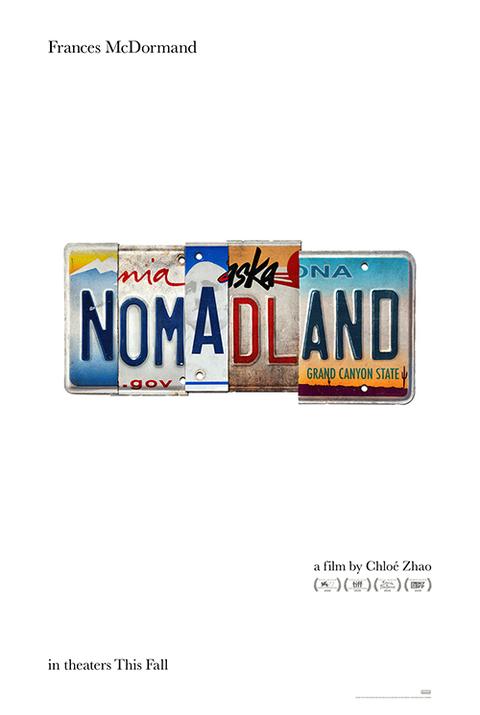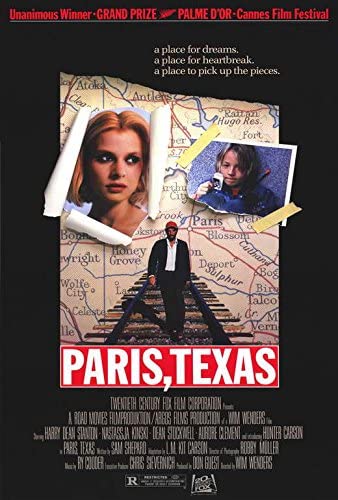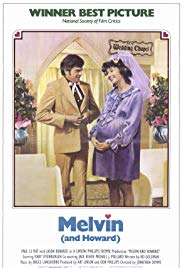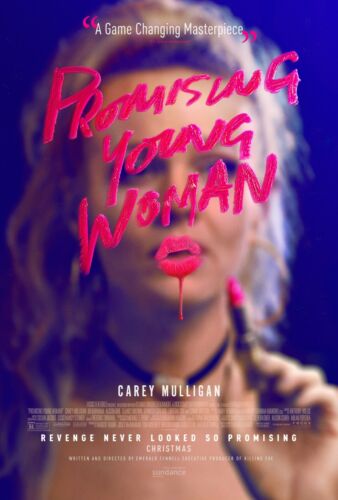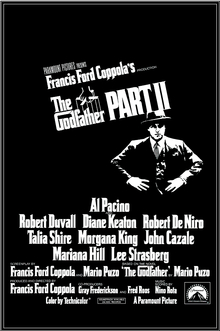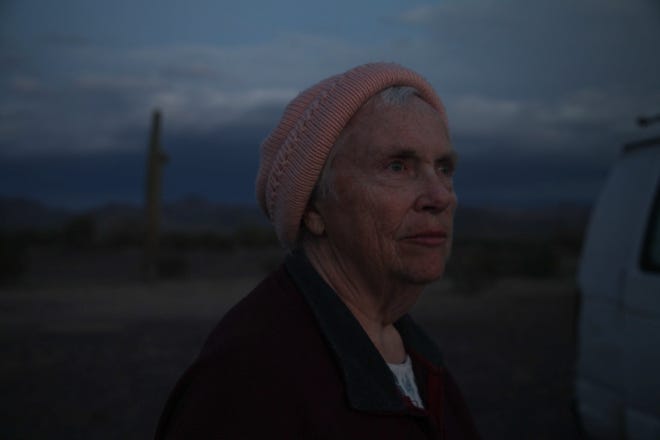If you think Fern’s life in ‘Nomadland’ isn’t pretty, the reality is probably a lot worse
Is Fern going to pay her sister back?
It’s a tough call. Fern and her cast of acquaintances somehow straddle an impossible divide between fulfilled and broken in “Nomadland,” a Western without guns or borders, put together by writer/director/producer Chloé Zhao and producer/star Frances McDormand, based on the non-fiction book by Jessica Bruder. The word “trust” never seems necessary. If something or someone lets you down, you move on. And if something or someone lifts you up, you move on.
McDormand is made for this kind of material. The face of Fern is one we’ve all seen everywhere, at a Burger King drive-thru, or perhaps in a Walmart, or perhaps on a road construction crew. She fits in with everyone, judges no one. She could easily have permanence. Her movie struggles with a crucial question: Is Fern running to, or from, something? At least one character will suggest “Nomadland” is a way station for finding answers — answers that maybe aren’t really necessary.
“Nomadland” is one of the best films of the limited 2020 ledger. It isn’t one of the best of the 21st century; there’s not enough there there. The road trip has proved its cinematic mettle numerous times, including with older protagonists, such as “The Grapes of Wrath,” “Harry and Tonto,” “Rain Man” and “Nebraska.” Those films effectively get from Point A to Point B. “Nomadland” takes its characters off the grid, on a merry-go-round that occasionally reenters society. It cleverly hints we need the establishment, only to demonstrate that we don’t, but that we can’t fully escape the establishment, that pure freedom is impossible.
A less-encouraging genre is that of the 2008 financial crisis. If you thought you’d seen the last of those, think again. From “Too Big To Fail” to “Capitalism: A Love Story” to “Wall Street: Money Never Sleeps” to “The Big Short” to “99 Homes” to “Hell or High Water” among many others, it’s clear that independent filmmakers and Hollywood totally agree: Mortgages (and the people who trade them) suck. Depicting how they suck and how Wall Streeters first exploited them and then got bailed out is not particularly visual and shouldn’t have been attempted here, as though the film were trying to date itself.
Frances McDormand is 63, but Fern identifies more closely with younger road-trip characters such as the “Easy Rider” crew and Albert Brooks and Julie Hagerty in “Lost in America.” Quentin Tarantino films often portray a character coming to grips with aging. That is no concern here. Despite whatever discomfort of self-sanitation (which surely is more uncomfortable on a daily basis than the movie indicates), Fern is healthy enough to not need regular medical care, no prescriptions. And an older character is able to take part in this kind of odyssey despite cancer that has spread to the brain. Yes, there’s a notion here of road-tripping activating the fountain of youth on some level.
Is Fern’s lifestyle admirable? Most would say no. Consider what is NOT shown in this movie ... endless boredom ... safety concerns ... lack of a shower ... annoying passersby ... . A few of the setbacks to a wandering life are shown and yet, they’re limited to single nuisance scenes, such as one cold night, ants in the vehicle, car trouble, an upset stomach. (“Nomadland” will gain some notoriety for its depiction of how people go to the bathroom in the middle of nowhere, as in Wim Wenders’ “Kings of the Road,” though “Nomadland” isn’t quite as graphic.) The script puts itself in a pickle regarding current events. It can’t let Fern express any interest, or else she’d need newspapers, a TV set. Does she care who the president is or who won the National League pennant; does she care if her favorite rom-com is on TV? On a more practical level, Fern is driving this aging vehicle for months across multiple states with no permanent address; is her vehicle registration/insurance in order? Is there always a safe and legal place to park? The only people she meets in this endeavor are hardy, interesting, respectful, no one who would ever try to take advantage of her. Everyone seems to smoke, but alcohol and marijuana/narcotics are never suggested, for Fern or anyone else.
“Nomadland” is inescapably tied to housing. That seems to be the hook of the book Nomadland, which suggests a cultural trend in the wake of the Great Recession of 2008. In a crucial early description, Fern defines her situation as not “homeless” but “houseless.” At one point, Fern will object to friends of her sister over the importance or benefits of a mortgage; however, Fern’s concern about people taking on too much debt seems tossed in as a policy statement. Keep in mind that the people on the planet now who are able to travel are generally not of the World War II generation, but Vietnam and later. These people are almost certainly more familiar with stories about going to Woodstock in VW vans than stories about waiting in bread lines. That some of them, as senior citizens, may be drawn to a vagabond existence is not surprising and probably not a trend.
“The Grapes of Wrath” made an argument for government intervention during extraordinary economic hardship. It’s an interesting question as to whether conservatives or liberals will more readily identify with Fern. She could easily end up in “Norma Rae” but doesn’t. She apparently does not receive government assistance. She takes whatever work she can find, apparently until the work runs out. A female character complains of working since age 12, only to find her expected Social Security distributions to be much less than what she needs. A male transient lands a tour job at a national park (curiously, without any apparent home address) and ends up in a metropolitan hospital for a serious procedure; presumably, that one is covered by the taxpayers.
The American West is beautiful. (So are the East, South and Midwest, but in different ways.) Nevada is so breathtaking, it finds its way into an outsized amount of films, even “The Godfather: Part II.” “Nomadland” takes the vacation slides and scrambles them; the movie in a way becomes like concert tours. One day it’s Arizona; another, it’s South Dakota; another, it’s California. This approach by Zhao convincingly leaves the imprint of a nomadic life but proves confusing as to the story arc. The progression is haphazard. What are we to believe is the Promised Land, the Pacific Coast or the gorges of Utah? “Nomadland” can’t make up its mind.
Needlessly opening with a textual description of Empire, Nevada, “Nomadland” frees its star from the beginning. Fern’s husband has passed away, she apparently has no children, no surviving parents, no in-laws or anyone else in need of her support, no one she needs to talk to. Fern does not express religious faith. She declines a pet. This is one of the most effective scenes by Zhao; surely everyone thought Fern would turn back and claim the dog. Another effective depiction is Fern’s initial RTR gathering, which could be something out of “Bound for Glory” but really feels like it could turn into a Jim Jones type of situation ... but refreshingly doesn’t.
Fern’s sister will make a curious observation, that Fern apparently elected to remain in Empire long after there really was a reason to live there. Is she now making up for lost time? Fern says there was appeal in seeing nothing between the home and the mountains. She’s implying that a certain type of freedom was lost with the demise of Empire, the ability to work the land and enjoy the land. A sad implication of the film is that without her husband, Fern has no reason to live, no reason to connect to relatives or old friends, and that people don’t really need each other until they’re a few dollars short. But the strongest point made by “Nomadland” is that people generally do what they want to do; don’t feel sorry for anyone here.
3 stars
(February 2021)
“Nomadland” (2020)
Starring
Frances McDormand
as Fern ♦
Gay DeForest
as Gay ♦
Patricia Grier
as Patty ♦
Linda May
as Linda ♦
Angela Reyes
as Angela ♦
Carl R. Hughes
as Carl ♦
Douglas G. Soul
as Doug ♦
Ryan Aquino
as Ryan ♦
Teresa Buchanan
as Teresa ♦
Karie Lynn McDermott Wilder
as Karie ♦
Brandy Wilber
as Brandy ♦
Makenzie Etcheverry
as Makenzie ♦
Bob Wells
as Bob ♦
Annette Webb
as Annette ♦
Rachel Bannon
as Rachel ♦
Swankie
as Swankie ♦
David Strathairn
as Dave ♦
Bryce Bedsworth
as Bryce ♦
Sherita Deni Coker
as Deni ♦
Merle Redwing
as Merle ♦
Forrest Bault
as Forrest ♦
Suanne Carlson
as Suanne ♦
Donnie Miller
as Donnie ♦
Roxanne Bay
as Roxy ♦
Matt Sfaelos
as Noodle ♦
Ronald O. Zimmerman
as Ron ♦
Derek Endres
as Derek ♦
Paige Dean
as Paige ♦
Paul Winer
as Paul ♦
Derrick Janis
as Victor ♦
Greg Barber
as Greg ♦
Carol Anne Hodge
as Carol ♦
Matthew Stinson
as Nurse Matt ♦
Terry Phillip
as Terry ♦
Bradford Lee Riza
as Brad ♦
Tay Strathairn
as James ♦
Cat Clifford
as Cat ♦
James R. Taylor Jr.
as James ♦
Jeremy Greenman
as Jeremy ♦
Ken Greenman
as Ken ♦
Melissa Smith
as Dolly ♦
Warren Keith
as George ♦
Jeff Andrews
as Jeff ♦
Paul Cunningham
as Paul ♦
Emily Jade Foley
as Emily ♦
Mike Sells
as Mike ♦
Peter Spears
as Peter ♦
Cheryl Davis
as Cheri
Directed by: Chloé Zhao
Written by: Chloé Zhao (written for the screen by)
Written by: Jessica Bruder (based on the book by)
Producer: Frances McDormand
Producer: Peter Spears
Producer: Chloé Zhao
Producer: Dan Janvey
Producer: Mollye Asher
Co-producer: Emily Jade Foley
Co-producer: Geoff Linville
Line producer: Taylor Shung
Consulting producer: Jessica Bruder
Music: Ludovico Einaudi
Cinematography: Joshua James Richards
Editing: Chloé Zhao
Production design: Joshua James Richards
Art direction: Elizabeth Godar
Costumes: Hannah Peterson
Unit production manager: Mary Kerrigan
Production supervisor: Adam Wyatt Tate
